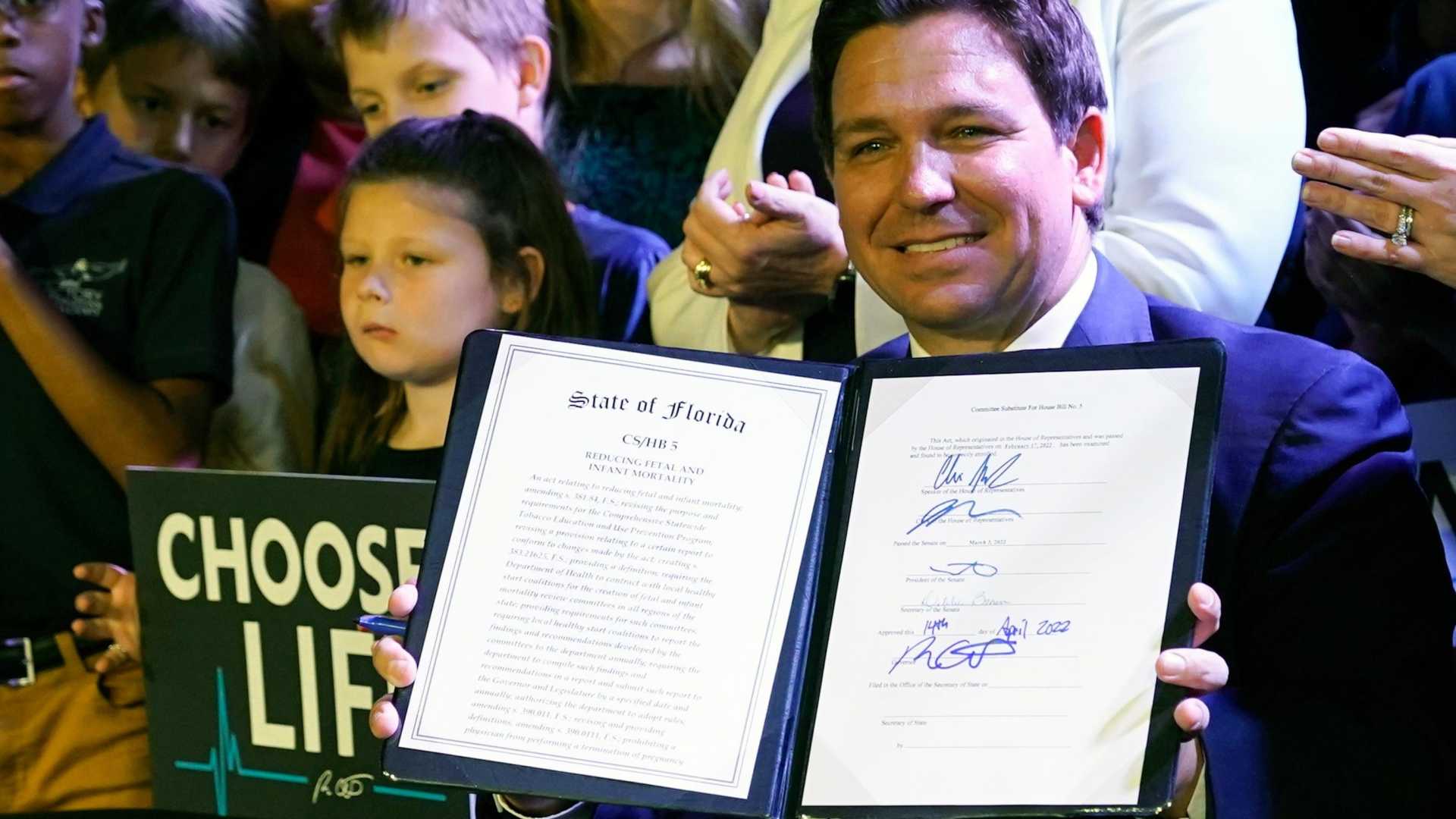News
Federal Judge Blocks Florida Health Department’s Actions Against TV Stations Airing Abortion Ad

In a significant legal ruling, Chief U.S. District Judge Mark E. Walker of the Northern District of Florida criticized the actions of the Florida Department of Health and its surgeon general, Joseph Ladapo, over threats made to local television stations airing a pro-abortion rights advertisement. The judge granted a temporary restraining order against these actions, siding with the stations and reinforcing First Amendment rights.
The disputed advertisement, produced by the group Floridians Protecting Freedom, advocates for overturning Florida’s six-week abortion ban by promoting a ballot measure aimed at codifying abortion rights into the state constitution. The ad features Caroline, a brain cancer survivor, who claims the state law would have barred her from obtaining a life-saving abortion. Caroline narrates, “The doctors knew that if I did not end my pregnancy, I would lose my baby, I would lose my life, and my daughter would lose her mom.”
Governor Ron DeSantis‘s administration, which includes the state’s Department of Health, has opposed the pro-abortion amendment. The department labeled the advertisement’s assertions as “false” and “dangerous” to public health. John Wilson, the general counsel for the health department, issued cease-and-desist letters to multiple TV stations broadcasting the ad, prompting Floridians Protecting Freedom to file a lawsuit against Wilson and Surgeon General Ladapo, claiming unconstitutional coercion and viewpoint discrimination.
Judge Walker found the state’s threats to sue broadcasters for airing the ad constituted “viewpoint discrimination” and wrote that the plaintiffs demonstrated a “substantial likelihood” of proving an ongoing First Amendment rights violation through the threats of penalization. This restraining order, effective until October 29, prevents the health department from intimidating local stations airing the Amendment 4 ad.
The case has sparked dialogue about the intersection of political speech and government regulation. In response, Jae Williams, communications director for the Florida Department of Health, reiterated the department’s stance that the ad was “unequivocally false and detrimental to public health,” emphasizing that the state’s law includes protections for the life of the mother and exceptions for victims of rape, incest, and human trafficking.
Despite these statements, medical experts and advocacy groups like Physicians for Human Rights have challenged Florida’s abortion laws, arguing that the restrictions create a “legal landscape that endangers both patients and clinicians.” This ongoing debate highlights the complex legal and ethical considerations surrounding abortion legislation in the state.
FCC Chair Jessica Rosenworcel also weighed in, supporting the broadcasters and asserting that “threats against broadcast stations for airing content that conflicts with the government’s views are dangerous and undermine the fundamental principle of free speech.”
The ruling arrives amid heightened tensions over abortion rights legislation in Florida, reflecting broader national conversations on reproductive rights and free speech.












